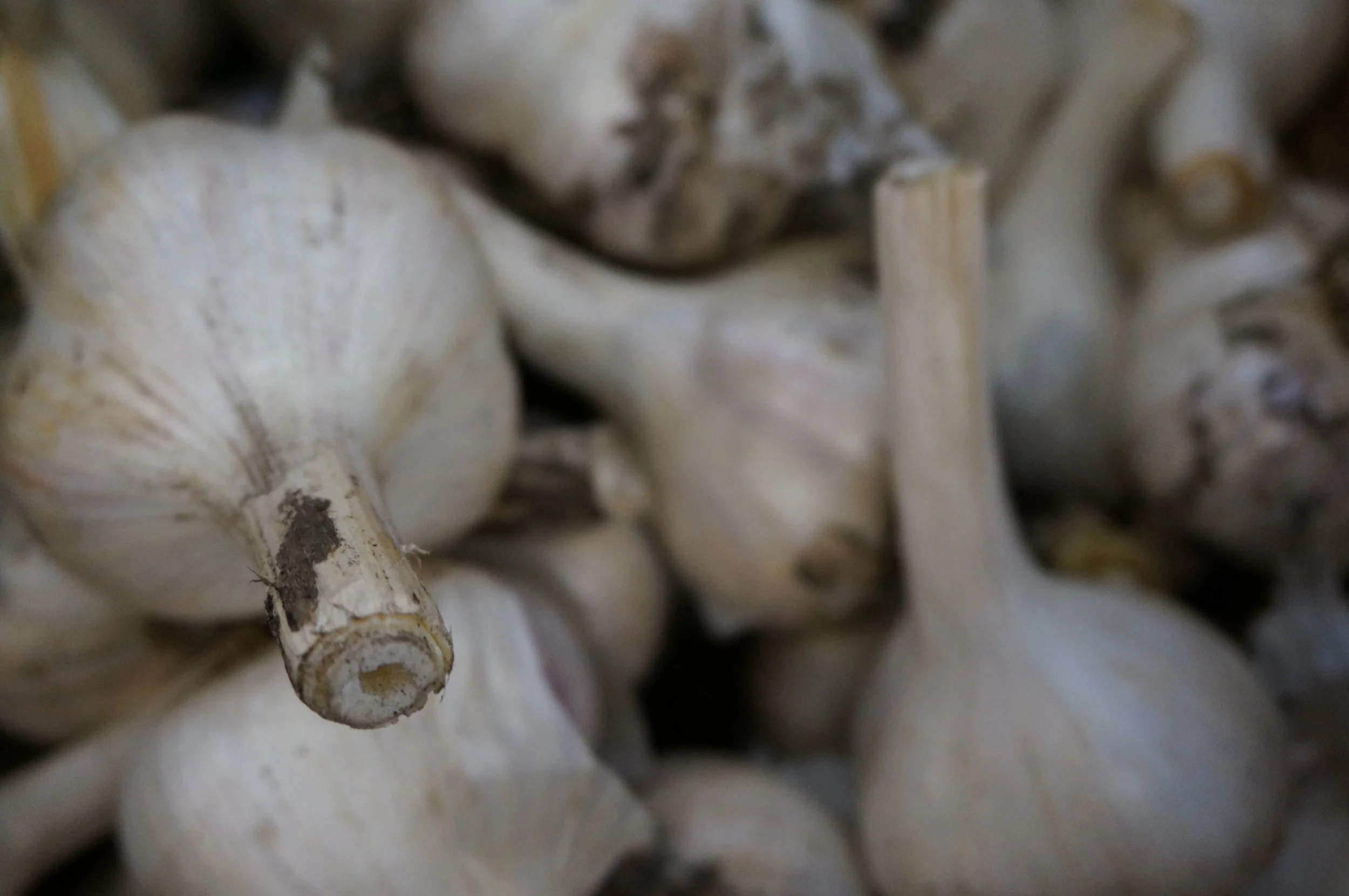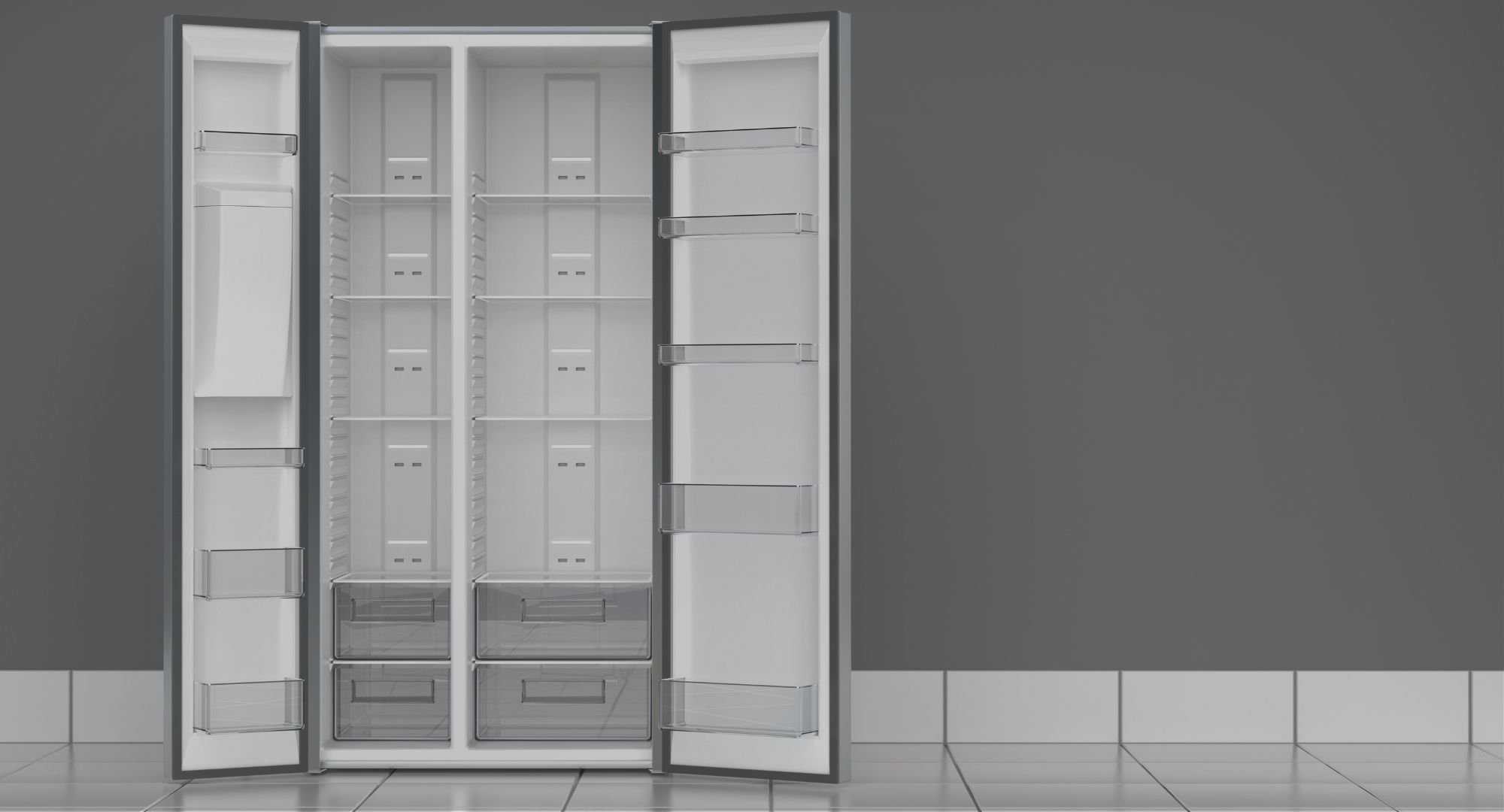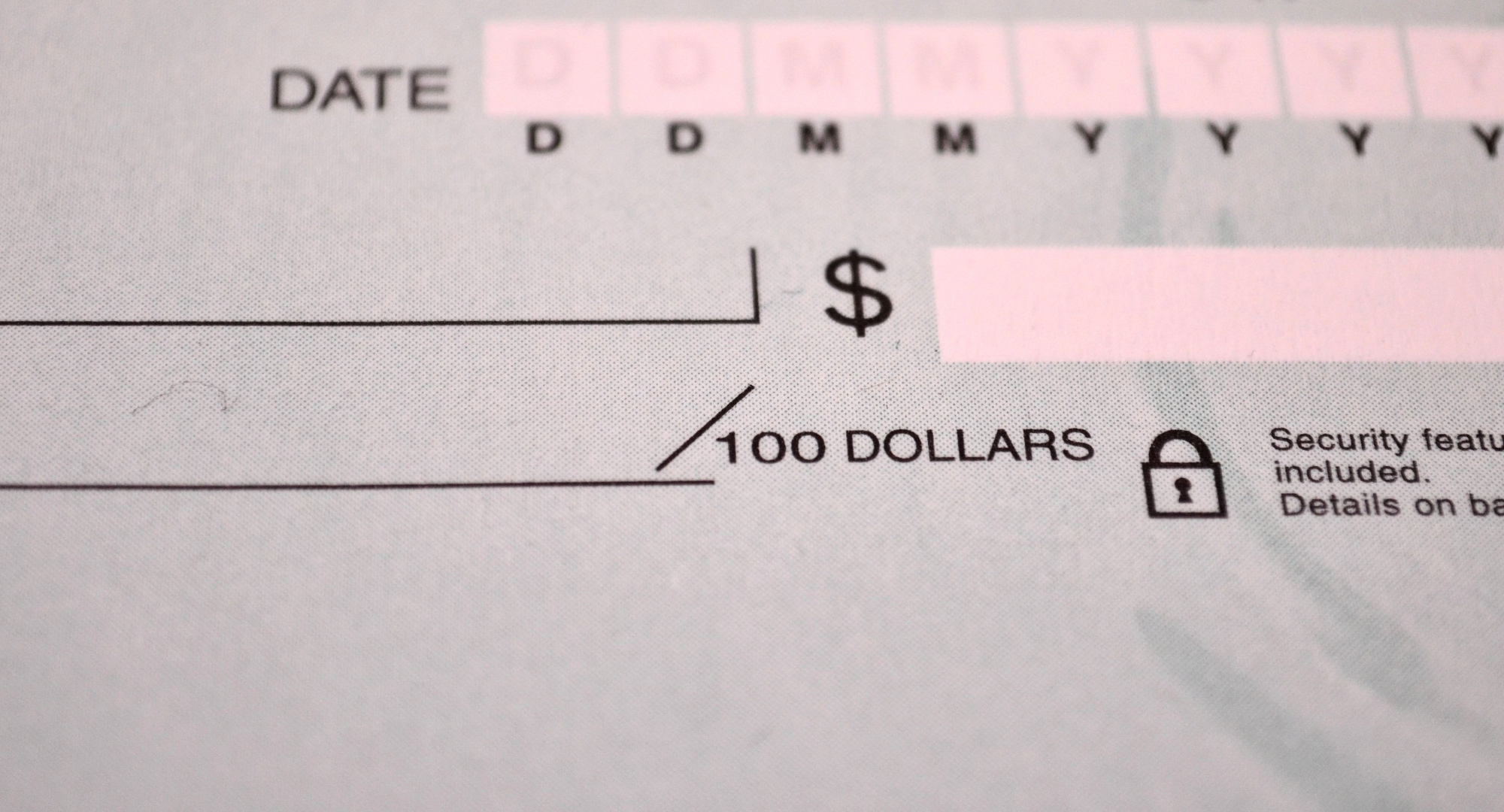Canada is facing some huge challenges to the right to food. We’re in the middle of a food price and food insecurity crisis, a climate crisis, and a trade war, to name a few.
With the Canadian federal election campaign well underway, we’re eager to hear new policy ideas that address these challenges. Advancing the right to food will require decisive action by the federal government. While provinces and cities have important roles to play, we need federal leadership.
The threat has now become reality. As of March 4th, the United States imposed a 25% tariff on Canadian imports and Canada launched retaliatory tariffs on a range of American goods. To wrap your head around the details, the CBC has a good tariff explainer of some main points.
Canada is now in a trade war with our largest trading partner, and we’re likely to see serious and wide-ranging impacts on our food systems. However, the scope and scale of those impacts depend on what kinds of policy responses roll out and how fast.
January 31, 2025 - A coalition of four community food organizations across Atlantic Canada will soon launch a grant program to support nonprofit school food organizations in the region to acquire the infrastructure needed to strengthen and expand their work. A total of $1,000,000 will be distributed through this fund in 2025. Food First NL will serve as the lead partner, responsible for receiving and distributing the funds and reporting on how they’re used.
For the second year in a row, the Maple Leaf Centre for Food Security contracted the Gandalf Group to research public attitudes about the policies needed to reduce food insecurity in Canada.
This year, the poll over-sampled here in Newfoundland and Labrador. This gives us a rare look at more reliable provincial-level data.
Food First NL's work is taken on by a dedicated staff team (19 and growing!) and guided by an engaged, policy-focused, Board of Directors. That Board has a small number of open seats and is now seeking new members.
The Board of Directors meets quarterly with secretarial support from Food First NL staff. The Executive Committee meets at least quarterly as well. Terms are two years long and directors may serve up to three terms. Board members may be located anywhere in the province.
In October 2023 it cost an average of $333 for a family of four in N.L. to purchase enough nutritious food for a week. That's $1,332 per month. This is an increase of nearly 8% from 2022.
In our latest post, we break down the 2023 N.L. Nutritious Food Basket costs by region and compare them to income support rates, employment incomes, and more.
The Labrador Anchor Collaborative Team sparks conversations around four connected questions whenever we visit communities:
What’s your favourite traditional Labrador food? What are some barriers to obtaining country food? What traditional Labrador food would you like to see in our healthcare facilities, starting with our long-term care? How do you think it would make you feel to eat traditional foods in long-term care?
From the beginning, our Team has focused on the experiences of stepping out onto the land, being present within communities, and engaging in conversations. It’s here, deep within communities, that you learn about people's experiences.
Last week, two important reports were released: the N.L. Vital Signs Report and Food Banks Canada’s 2024 Poverty Report Cards. Both highlight data specific to poverty and the cost of living in Newfoundland and Labrador.
The Government of Canada released their 2024 budget earlier this week. Some of the changes the budget announces will significantly impact if, and how, Newfoundlanders and Labradorians access food.
Let’s take a look.
How achievable is it to adopt a “grocery store” model? And how can conventional food banks move away from pre-packaged hampers when they rely on limited public food donations?
We did some digging and found a bunch of examples of food programs from across the country. Each program shifted from the traditional pre-packed hamper model of food charity to a model centred on client choice and autonomy.
Join Food First NL and Community Food Centres Canada (CFCC) to learn more about the Community Food Centre model and explore its potential in St. John's.
The holiday season is filled with calls for generosity, with food banks and food drives regularly making headlines and news feeds. This focus on charitable food giving can be uncomfortable for people focused on long-term solutions to food insecurity. We know that food insecurity needs income-based solutions. Yet the fact that food charities are not the answer to food insecurity does not lessen the fact that many people access them for food.
This month's read feed is about holiday giving, short-term responses, and long-term solutions to food insecurity.
PROOF’s latest Food Insecurity in Canada report is out, reporting on Statistics Canada’s Canadian Income Survey (CIS) data from 2022. The results are clear: food insecurity is getting worse.
22.9% of households in Newfoundland and Labrador experienced some degree of food insecurity in the previous 12 months, amounting to 116,000 people. That’s the highest rate in any of the ten provinces.
The province announced its new Poverty Reduction Plan earlier this month. The announcement included a variety of program additions and changes and largely focused on childhood poverty, supporting seniors, income support, and employment support.
The Poverty Reduction Plan is a fine first step and could have a positive impact on those who are most vulnerable but, in this current crisis, that’s not enough.
In the past month, Food Banks Canada released two stellar reports: the 2023 Hunger Count and the Poverty Report Card. Both reports describe national trends and province-specific information. This blog highlights N.L. and nationwide data from both reports and what it means for our province.
The Provincial Government has just released the updated cost of a 2022 Newfoundland and Labrador Nutritious Food Basket. It highlights the costs of nutritious food in our province, and is the second release of data using the updated food basket developed for 2021, allowing us again to make year-to-year comparisons.
The Nutritious Food Basket is a standardized tool used to calculate the weekly cost of meeting the nutrient requirements for a family of four, consists of 61 foods from the 2019 Canada Food Guide, and is based on the National Nutritious Food Basket.
Food First NL is inviting proposals for our annual audit, starting fiscal year ending March 31, 2024. The contract period is for the next three fiscal years, starting 2023-2024.
There's a real focus on labour right now, with labour organizing in the news and the celebration of International Labour Day on May 1st, including a large May Day rally in St. John’s. So this month we're focusing on food insecurity and decent work.
This content first appeared in the May 2023 newsletter.
Food First NL’s Food on the Move is outgrowing its current storage and preparation area and is looking for a new home. This space is used for all of our food storage (mostly fresh fruits and vegetables and some shelf-stable items), packaging, and market preparation.
We’re aiming to move into this new space by June 2023. We’re open to sharing a space with another organization but our ideal would be a space where we can grow and adapt to our changing needs.
At the end of March, 2023, the Community Food Helpline will be closing. Here’s more information about why, which services will be available until the end of March and beyond, and how to get involved.
We would like to send heartfelt thanks to all of our partners, supporters, and staff of the Helpline over the past nearly three years. We couldn’t have done it without all of your dedication and contributions.
Back in October 2022, Food First NL partnered with PROOF, Nourish, and the Coalition for Healthy School Food to submit our recommendations for the Government of Newfoundland and Labrador’s Social and Economic Well-Being Plan. Our public policy recommendations approach social and economic well-being through a food systems and food security lens. Our hope is that these recommendations will encourage the provincial government into immediate and bold action as they develop and implement the plan.
The Provincial Government recently released the updated cost of a 2021 Newfoundland and Labrador Nutritious Food Basket. It highlights the costs of nutritious food in our province and the widening gap between the income floor and the costs of necessities.
Any individual resident of Newfoundland and Labrador who is aged 18 or older as of December 31, 2022, has filed a 2021 tax return as a resident of N.L., and earns an adjusted income of less than $125,000 per year, is eligible for the Government N.L. Cost of Living Benefit. This resource includes more information about accessing the benefit and filing your 2021 tax return.
Food First NL is looking for a new physical space in St. John’s — and folks to share it with.

























